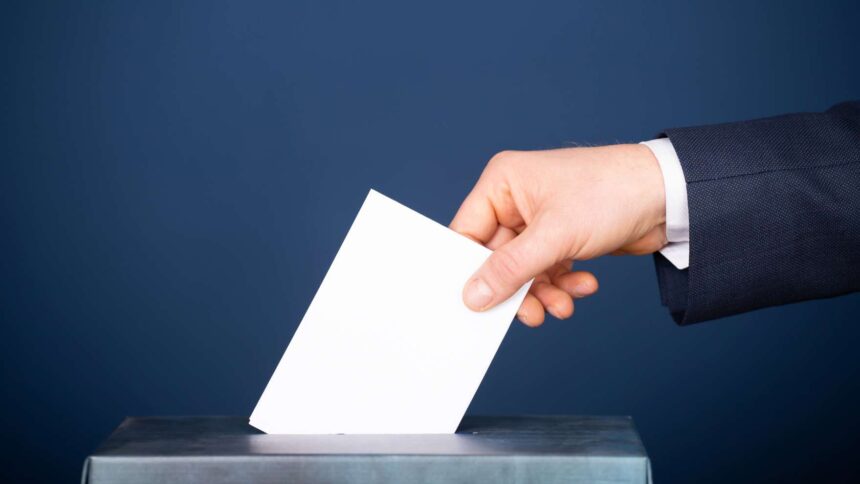(SQAUK) — The Wisconsin Supreme Court has made a significant decision by approving unattended drop boxes for the 2024 election. This decision has sparked a heated debate regarding election security and voter integrity. Supporters view this ruling as a win for voter accessibility. Still, it also raises important questions about who will oversee these drop boxes to prevent potential fraud and ensure the legitimacy of the election results.
The Wisconsin Supreme Court’s approval of unattended drop boxes is a significant step towards making voting more accessible, especially for those who have difficulty reaching traditional polling places. Supporters argue that these drop boxes offer a convenient and secure way for voters to submit their ballots, particularly in rural or underserved areas. They point to the success of similar measures in other states, where unattended drop boxes have increased voter turnout without significant incidents of fraud. This move opens up new possibilities for voter participation and represents a positive change in the electoral landscape.
The ruling allowing unattended drop boxes has sparked controversy despite the potential benefits. Critics warn that these drop boxes could become targets for tampering and fraud, potentially compromising the integrity of the election. The main concern is the lack of a precise monitoring mechanism for these drop boxes, which could make them vulnerable to misuse.
Election security experts suggest several potential safeguards to enhance the integrity of unattended drop boxes. These include installing 24/7 surveillance cameras to monitor the drop boxes continuously and ensuring that ballots are collected frequently to minimize the risk of tampering. Additionally, tamper-evident seals can indicate any signs of interference, while public reporting mechanisms can encourage citizens to report suspicious activities around the drop boxes. Implementing these measures requires significant resources and coordination among state and local election officials, law enforcement, and community organizations to secure the voting process effectively.
The approval of unattended drop boxes has deepened the political divide in Wisconsin, a critical battleground state. Democrats generally support the measure, seeing it as a way to protect voter rights and increase participation. Republicans, however, are skeptical, fearing that it could lead to widespread fraud and abuse.
The decision to approve unattended drop boxes will likely become a significant issue in the upcoming election, with both parties using it to rally their bases. For Democrats, the ruling is a chance to highlight their commitment to expanding voter access. For Republicans, it serves as a call to strengthen election security measures. The decision’s potential to shape the election discourse underscores its importance and the need for a balanced approach to voting accessibility and election integrity.
As Wisconsin prepares for the 2024 election, the challenge will be to balance the need for accessible voting options with the necessity of maintaining election integrity. This will require a multifaceted approach, combining technological solutions, robust oversight, and bipartisan cooperation. The situation’s urgency and the potential impact of this decision on the electoral process highlight the need for all parties to come together for the common goal of fair and secure elections.
(Ad) Get the new book Hidden Axis: Forces Beyond the Visible World – Uncover the secrets they don’t want you to know. Dive into the truth about cosmic forces, government conspiracies, and humanity’s future.
In the end, the effectiveness of unattended drop boxes will rely on state and local officials’ ability to implement efficient monitoring systems and promptly and transparently address any fraud. By taking these steps, Wisconsin can maintain fair, secure, and accessible elections for all voters.



